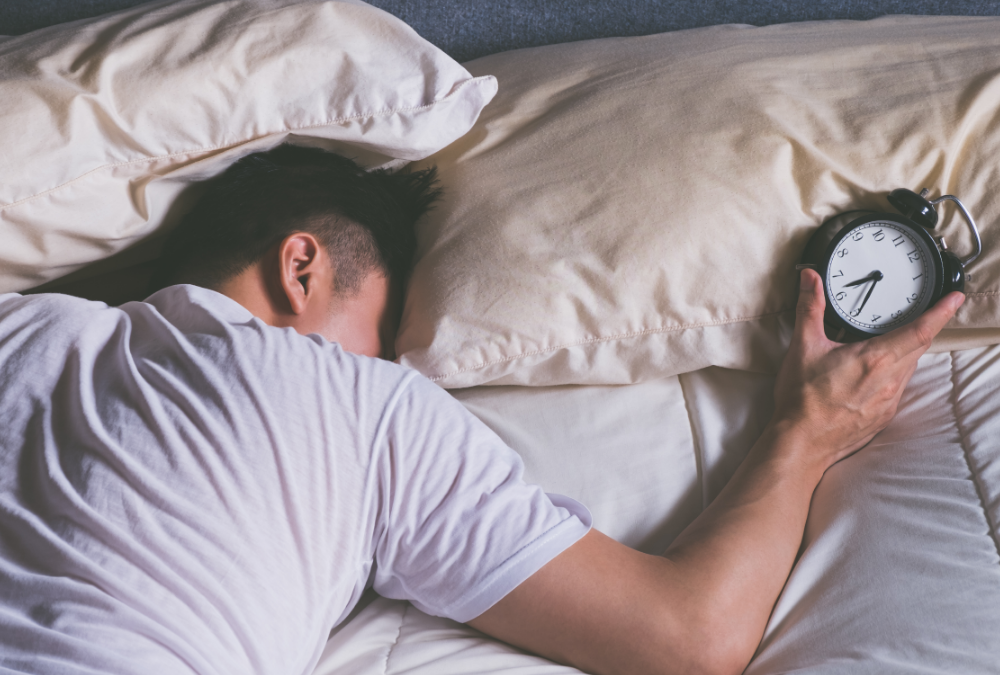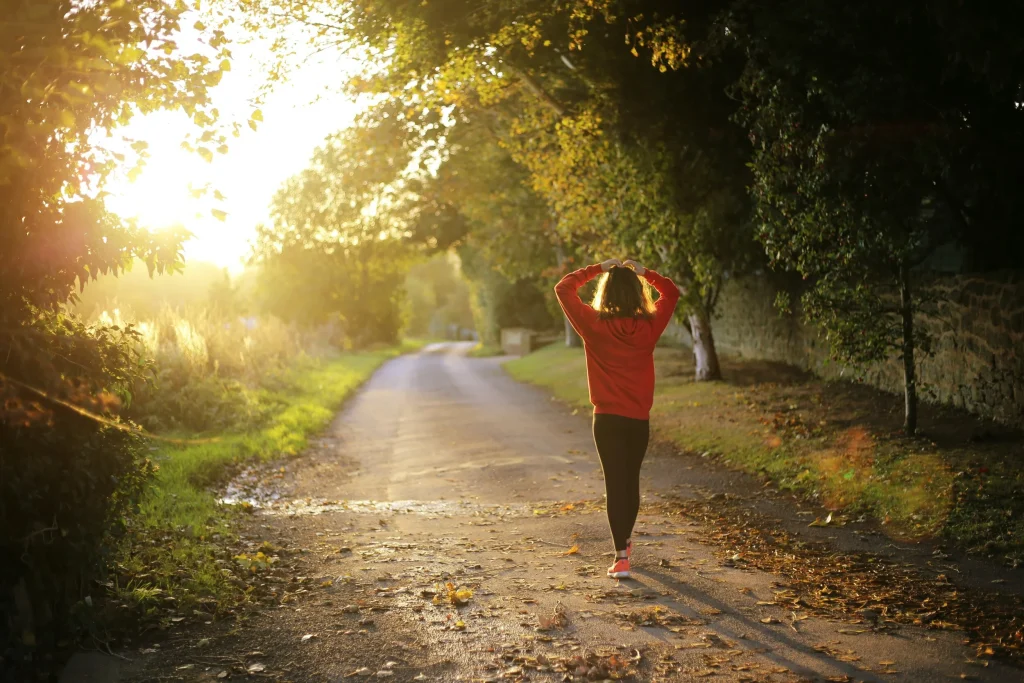
In today’s fast-paced world, many people struggle with getting a good night’s sleep. Stress, technology, irregular schedules, and busy lifestyles can make it difficult to rest properly, leaving you feeling tired and irritable. While sleep aids and medications are often suggested, there are natural strategies that can help improve your sleep quality without relying on pharmaceuticals. Here’s how to sleep better naturally.
1. Stick to a Consistent Sleep Schedule

One of the most effective ways to improve sleep is by going to bed and waking up at the same time every day, even on weekends. Your body thrives on routine, and maintaining a consistent sleep schedule helps regulate your internal body clock. Over time, this can make it easier to fall asleep and wake up naturally, feeling refreshed.
2. Create a Relaxing Bedtime Routine
A calming pre-sleep routine signals to your body that it’s time to wind down. Consider activities such as reading a book, practicing gentle yoga stretches, listening to soothing music, or taking a warm bath. Avoid stimulating activities like intense exercise, work-related tasks, or heated discussions close to bedtime. Over time, your body will begin to associate these relaxing habits with sleep, helping you fall asleep faster.
3. Limit Exposure to Screens Before Bed
The blue light emitted by smartphones, tablets, and computers can interfere with your body’s production of melatonin—the hormone responsible for sleep. To improve sleep quality, try to limit screen time at least one hour before bed. If you must use a device, consider using a blue light filter or glasses designed to block blue light. Instead of scrolling through social media, opt for calming activities like journaling or meditation.
4. Make Your Bedroom a Sleep-Friendly Environment

Your sleep environment plays a significant role in how well you rest. Make your bedroom comfortable, dark, and quiet. Use blackout curtains to block external light and consider earplugs or a white noise machine to reduce disruptive sounds. Keep the room cool, ideally between 60–67°F (15–19°C), as cooler temperatures encourage deeper sleep. Comfortable bedding and a supportive mattress can also make a surprising difference.
5. Pay Attention to What You Eat and Drink
Eating habits can affect sleep quality. Avoid large meals, caffeine, and alcohol close to bedtime. While alcohol might make you feel sleepy initially, it can disrupt sleep later in the night. Caffeine, even in the afternoon, can interfere with your ability to fall asleep. Opt for light snacks if you’re hungry, such as a banana or a small handful of nuts, which can promote sleep without causing discomfort.
6. Incorporate Regular Physical Activity
Exercise has been shown to improve sleep quality, as it helps reduce stress and promotes overall health. Engaging in moderate physical activity, such as walking, swimming, or cycling, can help you fall asleep faster and enjoy deeper sleep. However, avoid vigorous workouts close to bedtime, as they can stimulate the body and make it harder to relax.
7. Manage Stress and Practice Relaxation Techniques
Stress and anxiety are common culprits of sleepless nights. Learning to manage stress can significantly improve your sleep. Techniques such as deep breathing exercises, progressive muscle relaxation, guided meditation, or mindfulness practices can calm the mind and prepare the body for rest. Even taking a few minutes to reflect on positive thoughts or gratitude before bed can help reduce racing thoughts and improve sleep quality.
8. Get Natural Light Exposure During the Day

Exposure to natural light during the day helps regulate your body’s circadian rhythm. Morning sunlight can reinforce your internal clock, making it easier to feel sleepy at night. Try to spend time outdoors or near a window during daylight hours, and avoid excessive artificial lighting in the evening to support natural sleep patterns.
9. Limit Naps During the Day
While short naps can be rejuvenating, long or late-afternoon naps can interfere with nighttime sleep. If you feel the need to nap, keep it under 20–30 minutes and avoid napping too close to your regular bedtime.
10. Consider Natural Sleep Aids Carefully
Certain natural supplements, such as chamomile tea, valerian root, or magnesium, have been linked to improved sleep. However, it’s best to consult a healthcare professional before adding supplements to your routine to ensure they are safe for you.
Conclusion
Sleeping better naturally is achievable by making small, intentional changes to your lifestyle and environment. By following a consistent sleep schedule, creating a relaxing bedtime routine, managing stress, and optimizing your bedroom for rest, you can improve your sleep quality without relying on medications. Good sleep is the foundation of physical health, mental clarity, and emotional well-being—investing in natural sleep strategies is truly an investment in your overall quality of life.
